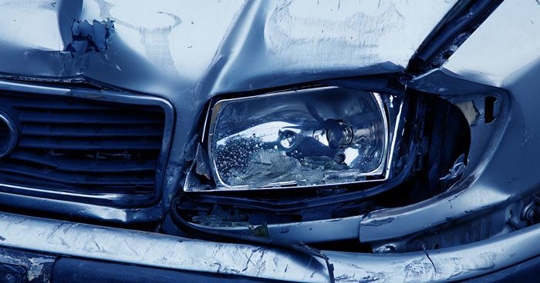If you are involved in an automobile crash, there’s much to consider. The first priority, of course, is to address and attend to any injuries. Receiving proper treatment and therapy and recovering as fully as possible is paramount. However, dealing with the legal and economic issues is important as well. Questions regarding liability, whether to file a claim with your insurance company, and the potential consequences of doing so are all matters that must be considered.
Reporting Requirements
Under Georgia state law, you must report a vehicle accident if it results in death, bodily injury or property damage of $500.00 or more. The police forward this information to insurers using an electronic state reporting system. Although not always, your insurance company will likely learn of the accident in this manner.
Under the terms of individual insurance policies, failure to report an accident may result in a cancellation of the policy or an attempt by the insurer to deny coverage.
At-Fault Accidents
If you are convinced the issue of liability is clear and you were responsible, you should definitely file a claim with your insurance carrier. The damage caused will be covered by the company after you pay the deductible specified by your policy. You can certainly expect your premium to be adjusted upward as a result, because much of what you pay for insurance coverage is based on the risk you, as a driver, pose. Typically, the increase in your premium will not be based on the pay-out your insurer made but simply on the basis that you now have an at-fault accident in your driving history.
Non-At-Fault Accidents
If the liability for the accident clearly lies with the other driver, you may understandably be reluctant to file a claim with your insurer. And in fact, if you were not at fault, there is no reason why your insurance rates should go up. You can file a claim directly with the other driver’s insurer and hope his or her adjuster sees the issue of fault as you do, or your insurance company will make the claim on your behalf. If not, however, you may face a denial of some or all of your claimed damages.
Practical Considerations
Although insurance companies are charged with the task of investigating claims in a good-faith, objective manner, they are business entities that are primarily motivated by bottom-line profits. Simply put, they make money by delaying, finding a minimum possible payout or denying payouts. Additionally, the question of fault can be difficult to ascertain and far from clear-cut. For instance, in some cases, a police report or an insurance adjuster may point to one driver over another as the liable party, but you disagree. The reality is that neither opinion is necessarily binding. You retain the right to file a civil lawsuit that can establish independently the legal determination of fault.
Comparative Negligence
To the extent you may share some responsibility for the accident, that is not necessarily a bar to your recovery of insurance monies. Under Georgia’s modified comparative negligence laws, you may recover a prorated percentage of your damages as long as you are found to be less than 50 percent at fault.
Contact a Savannah, GA Personal Injury Law Firm for Legal Advice
If you are not sure what to do in your unique situation, especially concerning any injury and its relationship to your insurance coverage costs, Tate Law Group is ready to explore the options you may have in your case. Contact Tate Law Group for a free consultation and case evaluation. Don’t wait; specific statutes of limitation apply in Georgia. We look forward to hearing from you.

